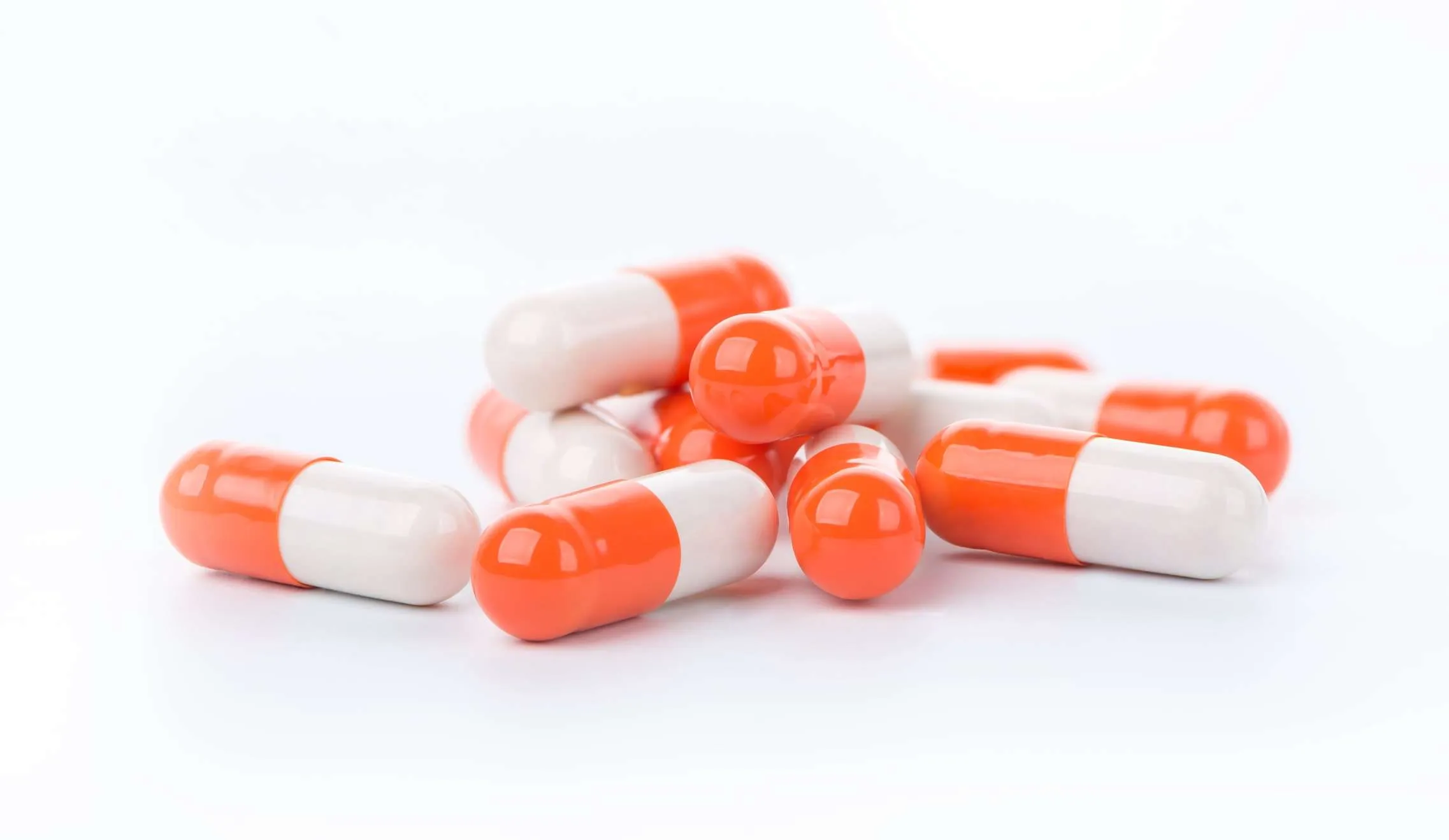Adderall is a brand-name medication that treats ADHD and narcolepsy. This medication is effective when taken as prescribed and monitored by a physician. However, Adderall can cause depression when overused or abused.
Tampa Bay Recovery Center offers treatment to those struggling with Adderall addiction and other prescription drugs. In addition, we provide treatment for co-occurring mental health disorders that often appear alongside drug abuse.
What is Adderall?
Adderall is a brand-name prescription drug that combines amphetamine and dextroamphetamine. It is a stimulant drug that treats attention-deficit/hyperactivity disorder (ADHD) and narcolepsy. Adderall works by targeting two neurotransmitters in the brain—dopamine and norepinephrine.
However, while Adderall benefits people who take it as prescribed, others take the drug for recreational reasons. They might buy the drug from others or take more than their prescribed dosage. When a person overuses Adderall, they are at risk of developing depression.
Why Does Adderall Cause Depression?
According to the Food and Drug Administration (FDA), abruptly stopping Adderall after overusing it can lead to depression. This is because Adderall is a stimulant drug, and when a person misuses it, they could develop a dependency. In other words, their brain cannot function properly without Adderall in their system.
The brain produces chemicals called neurotransmitters that regulate emotions, moods, pleasure, and wakefulness—among other things. Adderall targets two vital neurotransmitters, dopamine and norepinephrine:
- Dopamine is involved in regulating pleasure, arousal, sleep cycles, attention, mood, and movement. It is also known as the “feel-good” hormone. This means that dopamine is responsible for motivating a person to engage in activities that bring pleasure, such as eating, sex, and exercise.
- Norepinephrine is made by dopamine and is responsible for responding to stress or threats. This chemical is vital for our stress response system, also called the “flight-or-fight” response. It helps people respond to stress by increasing alertness, maintaining blood pressure, accelerating the heart rate, and increasing blood flow to muscles.
So, when a person overuses Adderall, these neurotransmitters flood the brain causing artificial feelings of pleasure, hyper-vigilance, and invulnerability. But, the brain doesn’t have an unlimited supply of these chemicals. When Adderall overwhelms the brain with these chemicals, they quickly become depleted. The result is a short, intense high followed by a devastating crash.
Over time, the person cannot feel things like pleasure, excitement, or wakefulness, without Adderall. If they suddenly stop taking Adderall after long-term overuse and addiction, they feel a long-term “crash”—also known as depression.
What Are Signs of Adderall Addiction?
Adderall addiction can occur when a person misuses Adderall over time. They become dependent on the drug for day-to-day functioning. In addition, the person’s whole life will seem to revolve entirely around obtaining drugs, using, or recovering from Adderall misuse.
The signs of Adderall addiction include the following:
- Rapid speech and racing thoughts
- Increased irritability and agitation
- Anxiety
- Paranoia
- Mood swings
- Unexpected weight loss
- Insomnia
- Reckless behaviors under the influence
- Isolating from loved ones
- Doctor-shopping for more Adderall prescriptions
Addiction to Adderall can also cause depression when a person doesn’t take the drug. This is one of the main withdrawal symptoms of Adderall. The presence of withdrawal symptoms after a person stops taking Adderall is also a sign of addiction.
Withdrawal symptoms associated with Adderall addiction include:
- Headache
- Nausea
- Fatigue
- Depression
- Difficulty thinking
- Increased appetite
- Suicidal thoughts
These withdrawal symptoms are the “crash” that happens after abusing Adderall. In order to reduce these unpleasant symptoms, many people take more Adderall to compensate. However, they will need to take higher doses of Adderall as their tolerance to the effects increases. Some people turn to more powerful stimulant drugs, such as cocaine and methamphetamine, for similar effects.
Fortunately, the brain can return to normal functioning when given time. But, many people struggle to stop taking Adderall because of how unpleasant withdrawal is. That is why Adderall addiction treatment is vital to making a full recovery.
How is Adderall Addiction Treated?
Adderall addiction treatment begins with drug detox. During detox, clients go through withdrawal under the supervision of medical and psychological professionals. That way, they can safely manage their symptoms to reduce the potential of relapse.
Following detox, many clients attend a residential treatment program. At this level of care, clients live within the same facility where they receive treatment. Their program consists of therapy, group sessions, continued medical support, recovery activities, and building essential life skills.
After that, clients can move on to an outpatient rehab program for Adderall addiction. They still get a significant amount of treatment without the restrictions of a residential facility. Many clients choose to live in a sober living home during outpatient treatment for additional support.
At Tampa Bay Recovery, our clients progress through two types of outpatient programs—partial hospitalization (PHP) and intensive outpatient (IOP) programs. These programs help clients successfully transition from residential treatment to everyday life in recovery from Adderall addiction.
In addition, many clients attend a program focused on treating a dual diagnosis of Adderall addiction and co-occurring mental health disorders, like depression, bipolar disorder, or anxiety. Since Adderall can cause depression during withdrawal, clients benefit from getting mental health treatment at the same time.
Get Help for Adderall Addiction Today
Adderall is a powerful prescription medication that some people misuse for its unintended effects, such as euphoria and pleasure. Oftentimes, they are self-medicating for an underlying mental health disorder, such as depression. Tampa Bay Recovery Center offers help for Adderall addiction as well as co-occurring depression.
Contact us today to begin treatment for Adderall addiction and begin a life of recovery.







